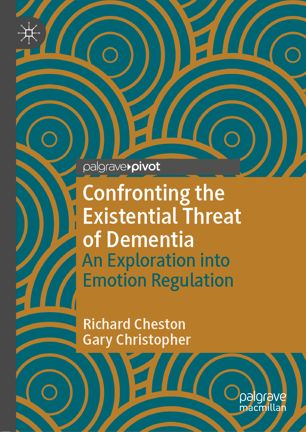

Most ebook files are in PDF format, so you can easily read them using various software such as Foxit Reader or directly on the Google Chrome browser.
Some ebook files are released by publishers in other formats such as .awz, .mobi, .epub, .fb2, etc. You may need to install specific software to read these formats on mobile/PC, such as Calibre.
Please read the tutorial at this link: https://ebookbell.com/faq
We offer FREE conversion to the popular formats you request; however, this may take some time. Therefore, right after payment, please email us, and we will try to provide the service as quickly as possible.
For some exceptional file formats or broken links (if any), please refrain from opening any disputes. Instead, email us first, and we will try to assist within a maximum of 6 hours.
EbookBell Team

0.0
0 reviewsThis book explores how dementia acts as an existential threat, both to people diagnosed with the condition, and to their carers. The authors highlight how dementia not only gradually erodes our most fundamental abilities, but that it does so at a time of life when the resources of individuals, couples, and families are already stretched. While over time many people who are living with dementia are able to adapt to their diagnosis and acknowledge its impact on them, for many others it remains too threatening and painful to do this.
The book draws on examples from clinical practice and experimental studies to argue that a range of responses, such as searching for long-dead parents or clinging to previous identities, all represent ways in which people living with dementia attempt to protect themselves against the emotional impact of the condition. Finally, the authors set out new ways of intervening to boost psychological resources and thereby support people in facing the existential threat of dementia.